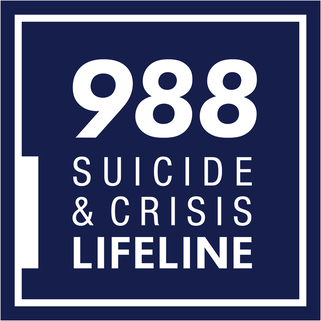|
Postpartum Depression (PPD) is a mood disorder that affects nearly 1 million women in the U.S. each year. Symptoms of PPD can begin during a woman's pregnancy through the first year following childbirth. PPD is beyond baby blues, which is a normal adjustment period that happens during the first 2 weeks of birth affecting 80% of new moms.
Many people have heard of PPD, but did you know symptoms of PPD can expand beyond depression symptoms and include anxiety, OCD, as well as other psychiatric symptoms? Postpartum depression, anxiety, and OCD symptoms can impact a mother's daily functioning, potentially interfering with her ability to take care of herself or her family. Symptoms of Postpartum Depression may include:
Symptoms of Postpartum Anxiety & OCD may include:
Any woman who is pregnant or has had a baby in the last year can be at risk for PPD. However, factors like history of mental illness, being a first time mom, ambivalence about the pregnancy, lack of support system, partner problems, infertility, complications during childbirth, and recent stressors can all increase of woman's chances of developing PPD. A woman's health care provider can help her choose the best course of treatment. Treating PPD can include individual counseling, medication, and postpartum support groups.
1 Comment
11/21/2019 03:50:52 pm
I never knew that nearly 1 million women are being affected by postpartum depression each year. My niece is about to give birth to her firstborn next month, and we want to make sure that she is always healthy and happy to avoid being stressed. Moreover, it is highly recommended to consult a specialist to seek help whenever postpartum depression arises.
Reply
Leave a Reply. |
|
Please DO NOT use this email address for medication refill requests or for emergency situations.
Click here for refill requests instead of using email: Medication Refill Request Form If you have a medical emergency, email is never the appropriate way to communicate your needs, and you should instead call 911 or go to the nearest ER. If you are having suicidal thoughts and need to speak to someone immediately, you can contact Suicide Prevention Hotline at the number (and link) below. [email protected]
Communications via email are not secure. Although it is unlikely, there is a possibility that the information you include in an email can be intercepted and read by other parties besides the person to whom it is addressed. |
|
2024 Providers for Healthy Living | All Rights Reserved
|

